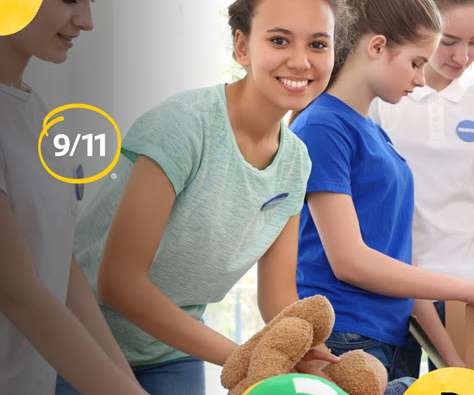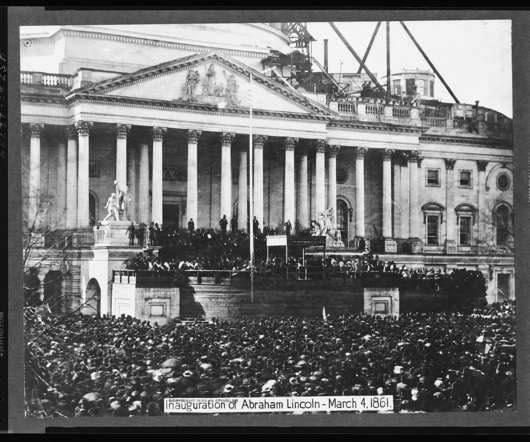Connected pedagogy: Social networks
Learning with 'e's
MAY 31, 2019
Most of us are connected to each other through numerous social media platforms. Global social networks such as Facebook, LinkedIn and Twitter support various forms of communication and sharing actions that were previously unavailable. 2002) Smartmobs: The Next Social Revolution. 2008) Tribes. Rheingold, H.





















Let's personalize your content